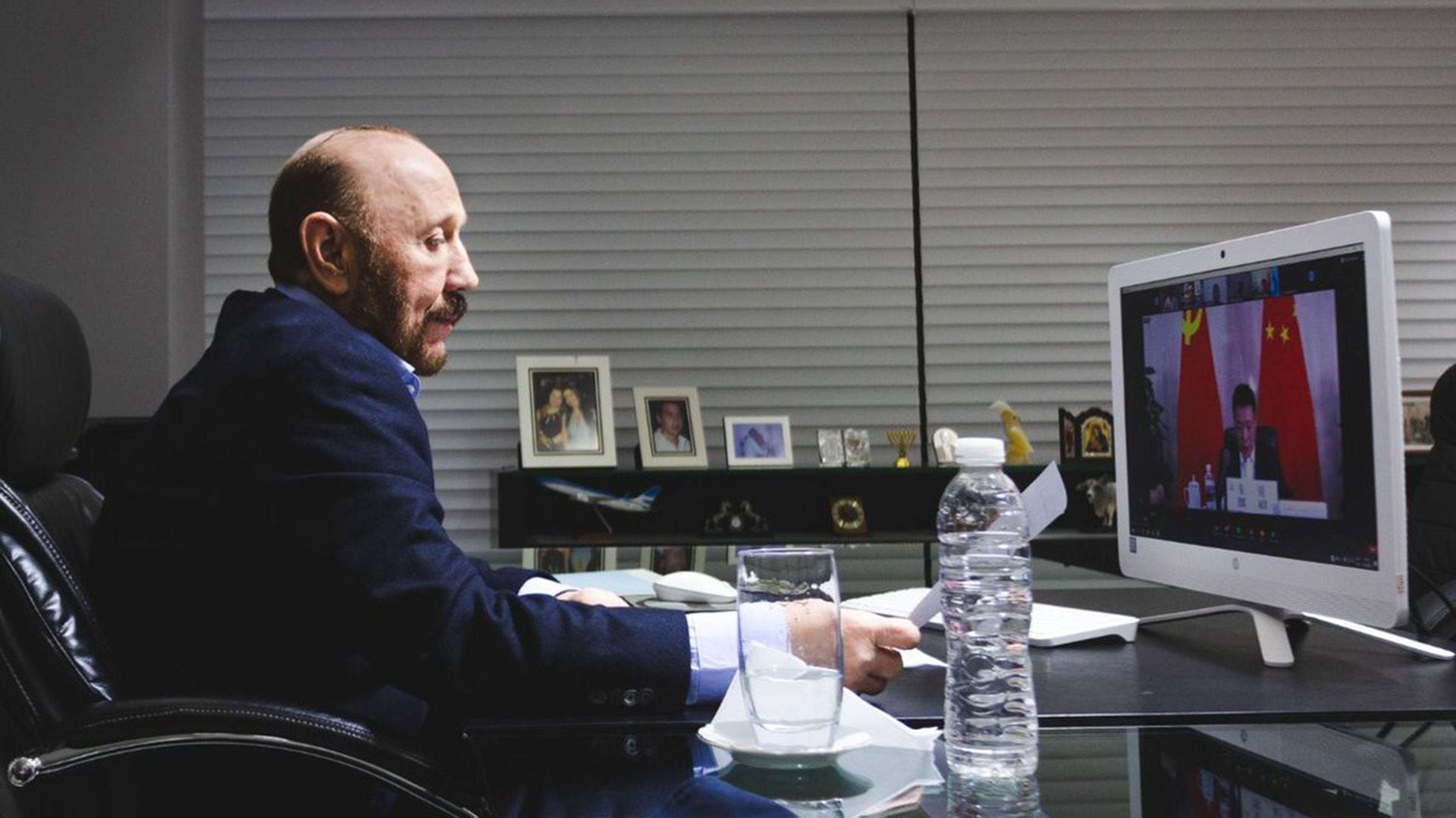
The LED Foundation published its annual report entitled “Limitations on the Exercise of Freedom of Expression”, and in this new edition it was revealed that last year there was an increase in cases in which workers, the media and citizens in general had their right to freedom of expression or freedom of expression restricted. access to public information.
In a timely manner, the organization listed 180 cases, 39 more than in 2020, and highlighted that “the increase in conflict that occurs year after year in the internet field”, where they detected direct attacks or hacks on digital media, or citizen opinion monitoring on social networks, and parliamentary initiatives to regulate content on the internet.
Thus, in the text of the report, it was stated that since 2020, due to the isolation measures caused by the pandemic, “public debate moved rapidly to the internet, social networks took a leading role in the discussion of the public agenda, which generated not a few attempts at government monitoring and in some cases, prosecution or fines for those who spoke out against isolation measures in some provinces”.
With regard to cases in which freedom of expression was affected, the Foundation divides them into seven categories:
1 - Attacks, physical assaults, threats, institutional intimidation of journalists or the media (50 cases).
2 - Journalists imprisoned or deprived of their liberty or judicially harassed (22 cases.
3 - Attacks and/or physical assaults on journalists (15 cases).
4 - Threats or intimidation of journalists (21 cases).
5 - Restrictions on Access to Public Information, Acts of Censorship (45 cases).
6 - Attacks on facilities, antennas or media transmission plants (6 cases).
7 - Complaints and/or demonstrations and/or statements by national and international organizations on the situation of freedom of expression in the Argentine Republic (21 cases).

In detail, the authors of the 2021 report assured that “the most critical, exceptional situation with an impact on freedom of expression” had its maximum expression in the province of Formosa. “There, by decision of the provincial government, under the pretext of the sanitary measures necessary to preserve the health of the population, control of movement and entry into its territory was exercised, which far exceeded the powers of a democratic government,” they added.
It was concluded: “At the beginning of 2021, journalists from other parts of the country were totally prevented from entering the Formosa territory in order to cover the sanitary conditions in which the population who had to go through their quarantine lived in the different provincial isolation centers”.
Given this situation, LED, and in view of the refusal of Governor Gildo Insfrán to allow the entry of nationwide media correspondents, filed in February 2021 an application for amparo to the Supreme Court of Justice of the Nation to guarantee the entry of journalists to the National Supreme Court of Justice province and the exercise of their right to inform citizens.
Another situation that was addressed by the foundation took place in Mendoza. On the basis of several allegations of censorship on the National Radio station in the city of Malargüe, an application for amparo was filed to request that the plurality of voices be guaranteed in the public media.
“The distribution of public resources for official advertising has once again become a subject of debate and controversy in our country, as established by the international organizations that integrate our country and various failures of our justice system, the use of these resources as a tool to condition the editorial line of the media is a serious restriction on the exercise of these elementary rights,” the authorities said in the text.
THE FULL REPORT
Últimas Noticias
Debanhi Escobar: they secured the motel where she was found lifeless in a cistern
Members of the Specialized Prosecutor's Office in Nuevo León secured the Nueva Castilla Motel as part of the investigations into the case

The oldest person in the world died at the age of 119
Kane Tanaka lived in Japan. She was born six months earlier than George Orwell, the same year that the Wright brothers first flew, and Marie Curie became the first woman to win a Nobel Prize

Macabre find in CDMX: they left a body bagged and tied in a taxi
The body was left in the back seats of the car. It was covered with black bags and tied with industrial tape
The eagles of America will face Manchester City in a duel of legends. Here are the details
The top Mexican football champion will play a match with Pep Guardiola's squad in the Lone Star Cup

Why is it good to bring dogs out to know the world when they are puppies
A so-called protection against the spread of diseases threatens the integral development of dogs




